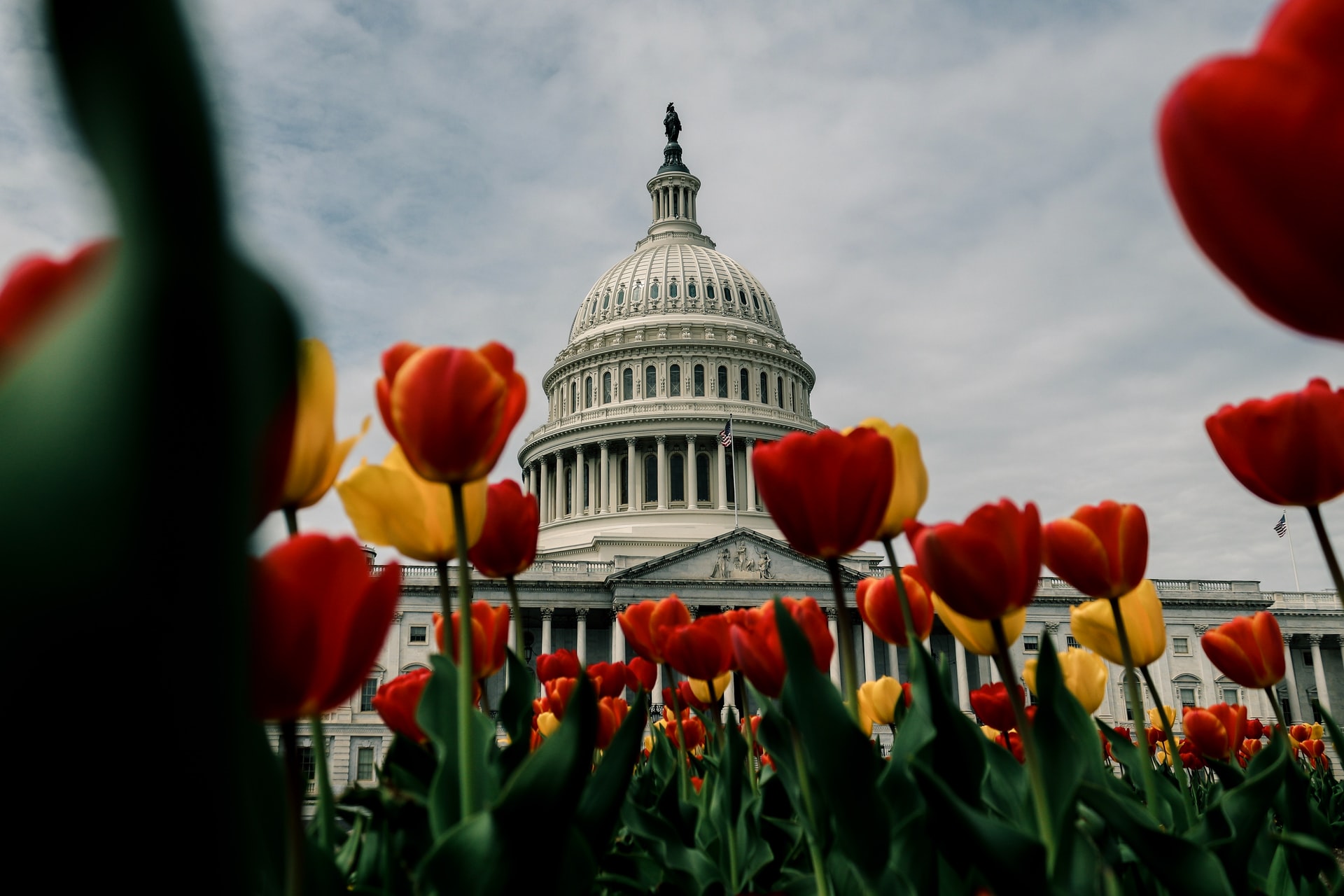American Rescue Plan Act of 2021 – What Does It Mean For You?

On March 11, 2021, President Biden signed a $1.9 trillion stimulus act into law known as the American Rescue Plan Act of 2021 (the “Act”). While it would be impossible to do a deep dive into this massive stimulus package, here are some quick takeaways for individuals.
Stimulus Checks
The Act will provide payments to approximately 159 million American households that will start to go out on March 13, 2021. The maximum amount per person is $1,400, including dependents.
The amount distributed will, again, be based on adjusted gross income and will have a phase-out period. Here’s who will receive the full amount:
- individuals who earn up to $75,000
- head of household filers with income of up to $112,500 and
- married couples filing jointly with incomes up to $150,000
Payments are capped, however, at $80,000 for individuals, $120,000 for heads of household, and $160,000 for married couples. People who earn more than this will receive nothing. The stimulus checks are based on either the 2020 or 2019 tax return (depending on what was most recently filed).
This Act also includes stimulus payments for adult dependents, and those funds will be paid directly to those who claimed them as a dependent. Those who have unpaid debts, such as child support payments or tax payments, may have their stimulus checks garnished. The Act did not specifically prevent the garnishment.
As with the prior two payments, this stimulus check is considered an advanced credit. The previous two payments were advanced credits for the 2020 tax return, and this check will be an advanced credit for the 2021 tax return.
Unemployment Benefits
Federal unemployment insurance payments will be $300 per week and these benefits extend through September 6, 2021. The Act waives federal income taxes on up to $10,200 in unemployment tax payments for taxpayers who earn less than $150,000 a year.
This is a recent and late change, so those who received unemployment payments and already filed their returns for 2020 will have to amend. These taxpayers should wait a couple of weeks, as it will take some time for tax preparation software to update to reflect this change.
Pennsylvania does not tax unemployment compensation.
Child Tax Credit
The Act makes significant (but short-term, currently only for a year) changes to the Child Tax Credit. The credit was increased, it is available for older children, and it is fully refundable (it’s currently only refundable up to $1,400).
The Act increases the tax credit from $2,000 a child (under the age of 17) to $3,600 for each kid under age six and $3,000 for each child from age six to seventeen. Income limits do apply, though. The full credit is available for individuals earning less than $75,000 a year, head of household filers who earn less than $125,000, and married couples filing jointly who earn less than $150,000.
Prior to the Act, payment of this credit was at tax time in a lump sum. The Act turns the credit into an income stream for families by providing periodic payments. It is not clear how frequent the payments will be, but experts expect that the first payment will be arriving around July 2021.
The payments would be an advance on the expected credit for the 2021 tax season. Note: only half of that credit would be available as a periodic payment. The rest will be payable during tax season.
Low Income Home Energy Assistance Program (LIHEAP)
LIHEAP is designed to help low-income families with home heating and cooling costs. The Act will provide $4.5 billion for this program.
WIC
The Act will provide an additional $35 per month for women and children on WIC over the next four months.
COVID-19 Vaccines
$7.5 billion of the Act will go to the CDC to track, administer, and distribute COVID-19 vaccines. An additional $46 billion is allocated for the diagnosing and tracing of COVID infections.
Rental Assistance
$25 billion of the Act is allocated for emergency rental assistance. Of that $25 billion, $5 billion is for emergency housing vouchers for domestic violence survivors, victims of human trafficking, and persons experiencing homelessness.
Student Loan Assistance
Individuals with student loans do not have to make payments on their student loans till after September 30, 2021 (this was created under a prior act). Under this new Act, all types of student loan forgiveness will be tax-free if forgiven prior to December 31, 2025. This is an essential aspect of student loan relief that will hopefully be made permanent in the future. Currently, for individuals who are on a federal loan payment plan that includes forgiveness (except the Public Service Loan Forgiveness), the forgiven amount is considered taxable income in the year in which it is forgiven.
